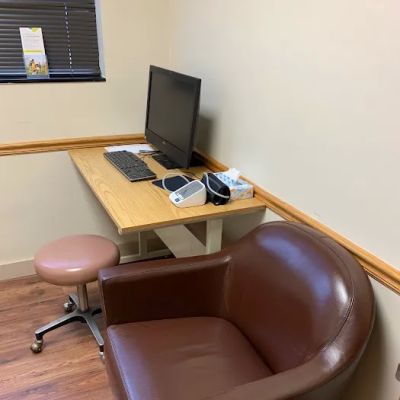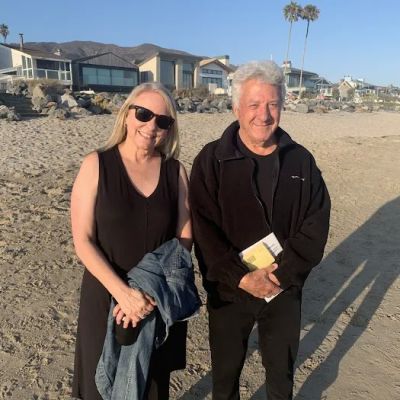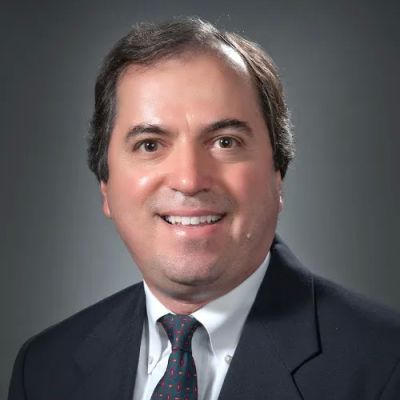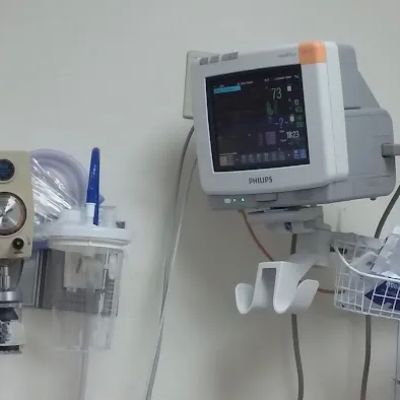- Understanding-heart-disease-and-traditional-Chinese-medicine
- Key-TCM-theories-related-to-heart-health
- Herbal-formulas-and-ingredients
- Acupuncture-and-mind-body-practices
- Integrative-approaches-with-Western-medicine
- Case-study-Lis-journey-to-improved-heart-harmony
- Safety-considerations-and-practitioner-guidance
- Next-steps-and-resources-at-HeartCare-Hub
1. Understanding heart disease and traditional Chinese medicine
1.1 Modern cardiac pathology meets ancient wisdom
In Western cardiology, heart disease is often defined by blocked arteries, high blood pressure, and impaired cardiac function. Traditional Chinese medicine (TCM) views these same symptoms through a different lens: imbalances of Qi (vital energy), blood stasis, and disharmony among organ networks. When exploring heart disease and traditional Chinese medicine, it’s essential to appreciate that TCM seeks to treat root causes rather than merely manage symptoms. For example, chest pain may signal stagnant heart Qi or phlegm blocking the meridians, prompting individualized treatments that restore smooth energy flow and nourish the Heart organ system.

2. Key TCM theories related to heart health
2.1 The Heart’s role in Qi and Shen
In TCM, the Heart stores Shen—our consciousness, emotions, and spirit—and governs blood circulation. A weakened Heart Qi can manifest as palpitations, insomnia, and anxiety, common in Western diagnoses of arrhythmias or heart failure. TCM practitioners assess pulse quality, tongue color, and emotional state to differentiate patterns such as Heart Yin deficiency or Heart Blood deficiency, guiding targeted therapies that Western medicine does not typically address.
Atlanta Heart Specialists
atlanta heart specialists
4375 Johns Creek Pkwy #350, Suwanee, GA 30024, USA

2.2 Meridians and systemic balance
The Heart meridian connects to multiple organ systems, meaning that spleen Qi deficiency or liver Qi stagnation can indirectly impact cardiac health. This holistic perspective underpins why TCM interventions often combine herbs and treatments aimed at multiple organ channels, promoting systemic balance that supports cardiovascular resilience.
3. Herbal formulas and ingredients
3.1 Classic Heart-nourishing formulas
Traditional formulas like Tian Wang Bu Xin Dan and Zhi Gan Cao Tang are staples for patterns involving palpitations, insomnia, and irritability. These prescriptions include herbs such as Shu Di Huang (Rehmannia), Dan Shen (Salvia), and Bai Zi Ren (Biota seed), which together nourish blood, calm spirit, and invigorate circulation.
3.2 Modern research on cardiac herbs
Recent studies show Dan Shen extract can protect endothelial cells and improve microcirculation, while Huang Qi (Astragalus) enhances heart muscle function. When considering heart disease and traditional Chinese medicine, these data-driven insights build trust in TCM’s potential role as complementary therapy, rather than an untested alternative.
4. Acupuncture and mind-body practices
4.1 Balancing energy through needle therapy
Acupuncture points along the Heart meridian (e.g., HT7, PC6) are used to relieve palpitations, chest tightness, and insomnia. Clinical trials report that regular acupuncture sessions can lower blood pressure and reduce arrhythmic episodes, likely by modulating autonomic nervous system activity.
4.2 Qi Gong and meditation
Mind-body exercises like Qi Gong combine slow movements, breath control, and meditation to strengthen Heart Qi and calm Shen. Patients practicing daily Qi Gong report improved stress resilience and better sleep—key factors in preventing and managing heart disease.
5. Integrative approaches with Western medicine
5.1 Collaborative treatment planning
Combining statins or beta-blockers with TCM herbs and acupuncture can enhance outcomes by addressing both lipid profiles and Qi stagnation. Cardiologists and TCM practitioners at integrative clinics coordinate to adjust dosages, monitor herbs for drug interactions, and tailor a dual-pronged strategy for each patient’s unique pattern.
5.2 Evidence and patient satisfaction
Surveys from integrative centers show that over 70% of patients receiving combined care for ischemic heart disease report greater symptom relief and quality-of-life improvements than those on medication alone—highlighting the value of merging heart disease and traditional Chinese medicine perspectives.
6. Case study: Li’s journey to improved heart harmony
6.1 Initial Western diagnosis
Li, age 60, was diagnosed with angina and placed on nitrates and a statin. Despite stable cholesterol, she continued to experience chest discomfort and insomnia. Seeking a more holistic solution, she turned to a TCM clinic.
6.2 TCM intervention and results
Her practitioner identified Heart Yin deficiency with Blood stasis. A regimen of modified Tian Wang Bu Xin Dan, combined with weekly acupuncture and daily Qi Gong, led to Li reporting zero angina episodes within two months and significant improvements in sleep and mood—demonstrating a successful integration of heart disease and traditional Chinese medicine.
7. Safety considerations and practitioner guidance
7.1 Herb–drug interactions
Certain herbs, like Dan Shen, can potentiate anticoagulants, increasing bleeding risk. It’s essential to work with licensed TCM practitioners and inform your cardiologist about all supplements. Regular blood tests monitor INR levels and ensure safe co-administration.
7.2 Credentialed care
Choose TCM providers certified by recognized boards and trained in integrative cardiology. Proper diagnosis, pulse reading, and formula customization are critical to avoid side effects and maximize benefits for heart health.
8. Next steps and resources at HeartCare Hub
If you’re exploring how heart disease and traditional Chinese medicine can work together, HeartCare Hub offers curated articles, practitioner directories, and vetted herbal formulas. You’ll find downloadable guides on Qi Gong routines, evidence summaries for key cardiac herbs, and one-on-one consultations to build a personalized integrative plan. Take charge of your heart health by combining the best of Eastern and Western practices—start your journey on HeartCare Hub today.





















Deborah Heart and Lung Center
deborah heart and lung center
200 Trenton Rd, Browns Mills, NJ 08015, USA